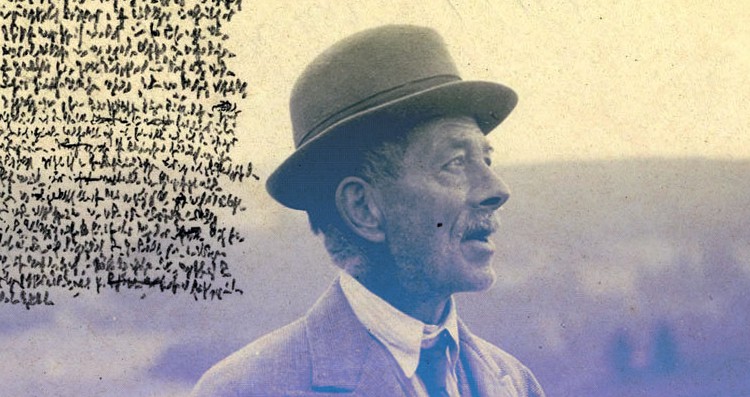Books & Culture
Magical Realism Goes Modern in Carlos Velázquez’s Latest Collection, The Cowboy Bible and Other…
M

With powerful prose, Carlos Velázquez collection, The Cowboy Bible and Other Stories, paints a picture of a place where corruption and violence reign supreme. Largely set in Northern Mexico, the collection is a gritty allegory on power and politics; organized into tongue-in-cheek categories of “Fiction,” “Non-fiction” and “Neither Non-Fiction nor Fiction,” each story carries an undercurrent of brash violence and ugliness.
From a woman who tries to bet against the biggest drug lord in a city to a norteño who moves back to Mexico from New York to get rid of his gun, Velázquez juxtaposes the real and the absurd in a way that brings light to otherwise grim topics. And in many ways, this is the collection’s saving grace. Similar to Dennis Johnson’s Jesus Son, the stories deal with revelatory, intensely human themes. However, thanks to Velázquez’s inventiveness and ability to amend the ordinary, he creates a somewhat lighthearted world where serious topics are tackled with humor.
Throughout the collection, disparate elements mix together to create something larger than each individual part. With caustic lines like, “A caravan sponsored by Coca-Cola led the way, polar bears included,” Velázquez succeeds in a scrutinizing discourse that, with the addition of fantasy, allows readers to blithely follow the author’s polemic without being beaten over it. Call it modern magical realism or call it surrealistic, either way it is a small feat indeed.
Perhaps the best example of Velázquez’s ability to make something both lighthearted and serious is in the collection’s third story, “Reissue of the Original Facsimile of the Remastered Country Bible’s Back Cover.” In this story, the Country Bible is a woman who, thanks to her skills at online piracy, is featured on a reality TV show that pits contestants against each other based on their piracy skills. A communist, she then leads a popular uprising against the government where, in the end, she evades capture and becomes a neighborhood hero.
Many of Velázquez’s transposed circumstances — a journalist visiting a dive bar that leads to an alcohol drinking contest that destroys a town — seem to comment on the impermanence and absurdity of modern life. His collision of a few real concepts like online piracy or reality television become surreal, like a girl named the Cowboy Bible who partakes in a pubic shaving competition.
These strange circumstances are grounded in Velázquez’s straightforward prose. For example, we believe that, in the first story, the Cowboy Bible is used by a wrestler before his match to prepare for the ring. Except that it is not an ordinary typical wrestling match of brute force and strength; instead, it seems that the athletes fight with words.
However, straightforward Velázquez’s prose might be, he peppers his narrative with carefully constructed corporate catchphrases. By reusing words we see all the time in advertisements, he plays with meaningless of modern commercial brand fixation. Some choice examples are a character who bought her ticket into the world on TicketMaster or a person who, at the end of their life, only exists on YouTube. He takes this idea that nothing is sacred and runs with it, showing that even the things we cherish are worthless. These phrases simultaneously cast judgment on 21st Century life while sharing details that stick in your mind.
“The Cowgirl Bible knew that establishing herself in the USA was a task for talking machines. Satan’s powers were like those of Corona beer: It was unfazed by borders. Or perhaps as potent as the services offered by UPS (which was suddenly sit too). Evil depends on express delivery.”
Featuring elements of rock music, fighting, drugs and gangsters, the stories within the collection tend to echo each other. One man is tormented after his wife sleeps with the devil; another character in another story sells his wife to the devil for one night. Stories also echo real events. One story calls to mind William S. Burrough’s murder of his wife, with the roles reversed. Thanks to this clever interplay, the reader is encouraged to complete the whole collection, even if, at first glance, the stories don’t seem to be related.
With lines like, “I was born in a corner,” Velázquez’s prose jumps off the page. Whether he is casting judgment on 21st century ills of corporatism or highlighting the lack of agency of individuals, his writing grabs readers’ attention. The Cowboy Bible and Other Stories is a testament to modern magical realism that will delight the inner skeptic in all of us.









